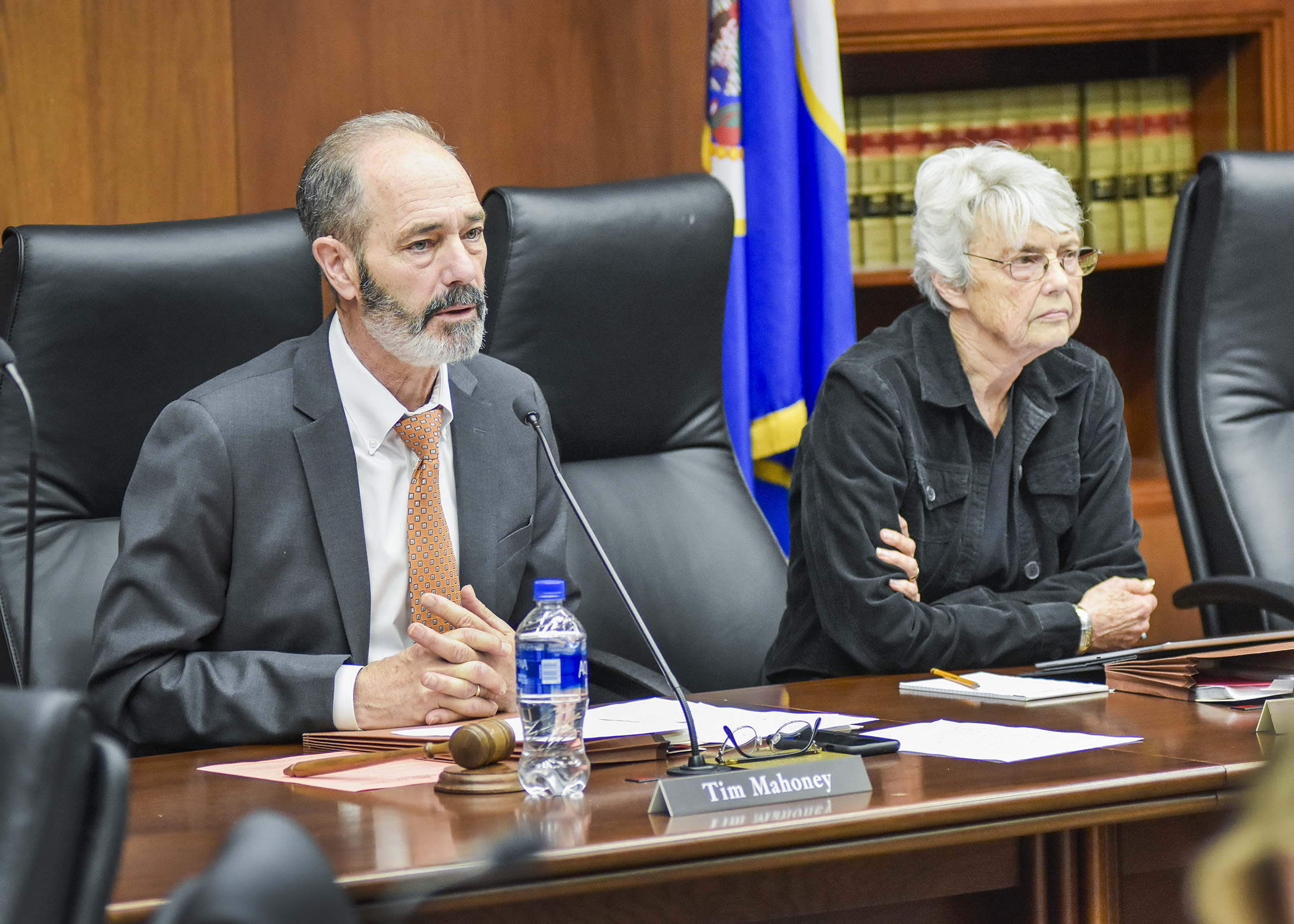Jobs and energy compromise falls far too short for House DFLers

While most of the omnibus agreements emerging before the special session are presented by their sponsors with a mix of exhaustion and satisfaction, Thursday’s unveiling of the negotiated jobs and energy compromise felt more like a funeral.
Members of the House Jobs and Economic Development Finance Division shared a sense of defeat with those from the House Energy and Climate Finance and Policy Division. While the task before them was to discuss what was in the jobs and energy omnibus agreement, the first order of business was mourning what wasn’t.
This is the bill in which the House laid out its plans for paid family and medical leave, as well as sick and safe time. These were identified early in the session as top priorities for House DFL members. But neither was in the final agreement.
And the energy and climate division spent much of the session examining how the state could slow climate change. There was much in the House bill about moving to electrification in both heating and transportation, and employing solar and wind energy sources that don’t create the greenhouse gases believed to be primarily responsible for climate change. Little of its policy or appropriations made the final package.
But one priority DFL House members identified at the session’s start did make its way into the final bill: wage theft. The proposed legislation would create a framework for enforcement and fines for employers that don’t pay their workers for the work they perform.
The agreement would oversee $1.75 billion in funds, but most of that would involve collecting and dispersing funds with their own inflow and outflow. In General Fund dollars, the bill would appropriate $289.4 million in the next biennium.
For example, while the Department of Employment and Economic Development is responsible for meting out $922.3 million, $531.9 million of that would come from the federal government. Similarly, the Department of Commerce would be responsible for $450.4 million, with $285.8 million of it from the federal government.
[MORE: View the spreadsheet]
Among the largest appropriations covered within the agreement would be:
- $87.3 million to DEED for business and community development;
- $75.2 million to DEED for vocational rehabilitation;
- $65.9 million to the Iron Range Resources and Rehabilitation Board;
- $54.4 million to DEED for employment and training programs;
- $37.1 million for Rochester’s Destination Medical Center;
- $26.8 million to the Department of Labor and Industry for workers compensation; and
- $18.1 million to the Public Utilities Commission.
The mood remained downbeat throughout the meeting, with the House Energy and Climate Finance and Policy Division’s chair, Rep. Jean Wagenius (DFL-Mpls), setting the tone early.
“House DFLers passed an energy bill that Minnesotans demanded,” she said. “It would commit Minnesota to a clean energy future. … Republicans pretend there’s no climate crisis, so nothing needs to be done. What happened is a collision between the fossil fuel industry and our children’s future. And our bill died in the crash.”
Rep. Jamie Long (DFL-Mpls), who sponsored many of the energy provisions that didn’t survive the conference committee process, spoke of the bipartisan nature of much of the legislation and the rapid growth of the clean energy industry. He concluded by saying, “The Senate isn’t going to be able to stand in our way forever.”
Related Articles
Search Session Daily
Advanced Search OptionsPriority Dailies
Legislative leaders set 2026 committee deadlines
By Lisa Kaczke Legislative leaders on Tuesday officially set the timeline for getting bills through the committee process during the upcoming 2026 session.
Here are the three deadlines for...
Legislative leaders on Tuesday officially set the timeline for getting bills through the committee process during the upcoming 2026 session.
Here are the three deadlines for...
Latest budget forecast projects nearly $2.5 billion surplus, but red ink down the road
By Mike Cook Three weeks before Christmas, state budget officials provided some merriment to Minnesotans. However, Grinch-like transformations lurk.
Released Thursday, the November ...
Three weeks before Christmas, state budget officials provided some merriment to Minnesotans. However, Grinch-like transformations lurk.
Released Thursday, the November ...